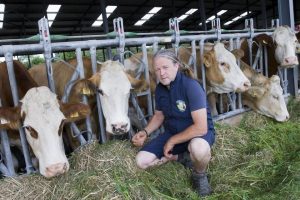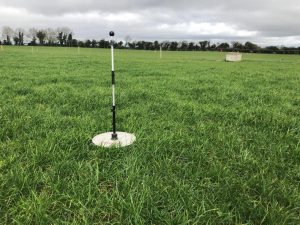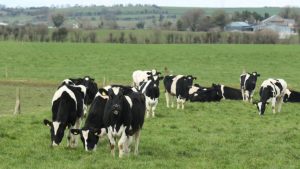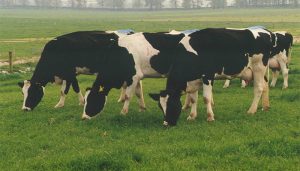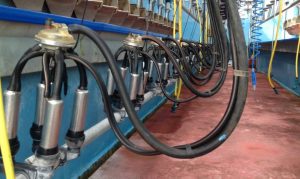
As the national dairy herd has grown in size, many farmers have taken an opportunity of a reduced workload by having heifers contract reared.
It also has benefits for the rearer, as they are paid regularly by the dairy farmers, and it can often complement as existing enterprise.
It is often described as a win-win situation for both parties – as both the dairy farmers and the rearer obtain benefits from the agreement.
What is important to note is that anyone entering into one of these agreements must have a full understanding of what is expected and trust between the two parties is also very important.
Banding
Contract rearing is likely to become more popular with many farmers, as changes in the new Common Agricultural Policy (CAP) are introduced.
One such measure is banding, which will see the organic nitrogen (N) associated for some dairy cows increasing.
Currently, the excretion rate for all dairy cows is 89kg of organic N/cow.
But under the proposed Nitrates Action Programme (NAP) revisions, higher-yielding cows will be given a higher level of N excretion due to their larger feed-intake requirements.

Contract rearing
These changes will see the stocking rates on many farms increase, unless extra land is added or stock numbers are reduced.
For some dairy farms it may mean entering into derogation.
This could mean that for these farms, contract rearing could be an option to reduce the stocking rates.
Although the organic N associated with calves and heifers in less than that of dairy cows, removing these animals from the farm would reduced overall stocking rates, potentially keeping your farm out of derogation or within the derogation limits without having to reduce stock numbers.






